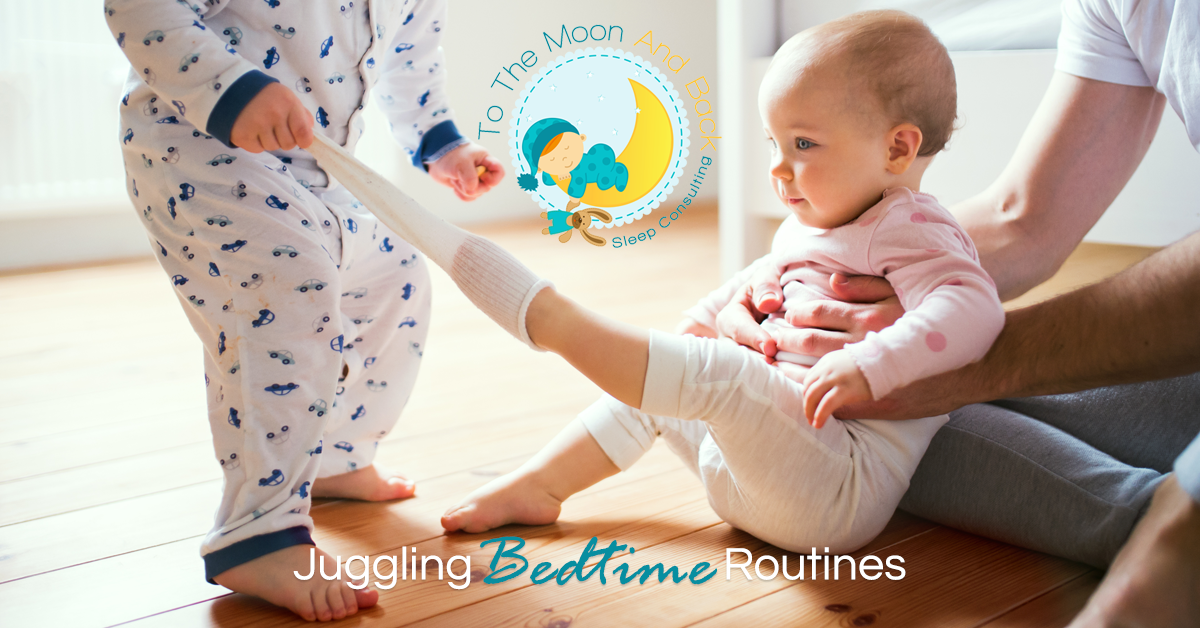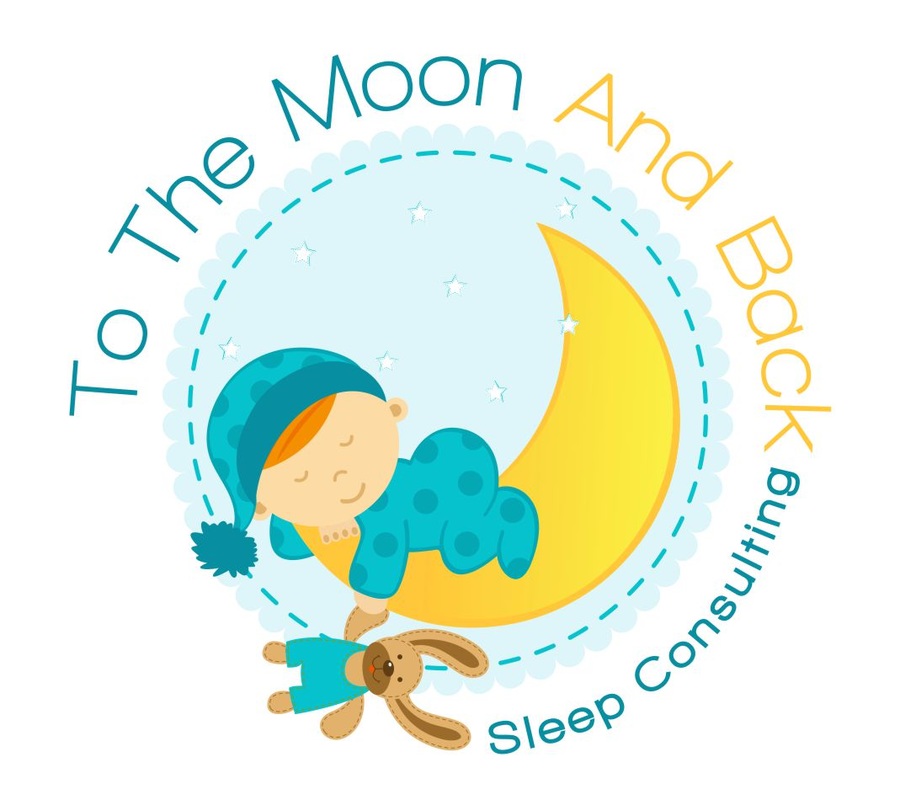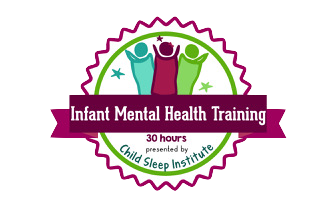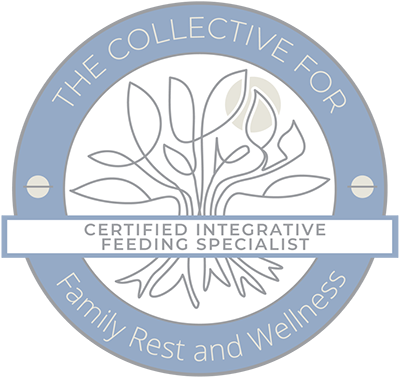|
If you’re reading this, you likely have a little one who’s been falling asleep in an awkward position. You may have heard that it can be an issue and are looking to learn how to deal with it ahead of time. You may also be oddly interested in the most random blog post topics you can find online. Either way, I will do my best to ensure you walk away from this post feeling like you got some serious value out of it. So your baby has learned to stand up! Congratulations on this wonderful milestone! It’s such an exciting time to be a parent, and this is such a massive step into the world of development that’s coming your way very soon. Many babies have issues when they first learn to stand up; they haven’t learned to get back down yet. During the day, this doesn’t present much of an issue. Your little one can spend all day practicing going from standing to seated while you’re next to them and helping them through it. But once nighttime rolls around, this becomes a whole other issue. I know the Catch-22 this puts parents in, believe me. On the one hand, you can’t just leave your baby in a situation where they might fall down and hurt themselves, but on the other, if you keep going in and laying them down, they don’t learn how to do it themselves. Moreover, they’ll quickly learn that standing up and making a fuss is a pretty effective way to get mom or dad back into their room and pay attention to them. So there’s a fine line that we need to walk to help baby figure out how to solve this little situation they find themselves in without creating a bad habit that could sabotage their sleep. If your baby hasn’t started this behaviour yet, let me warn you: It’s frustrating—more so than the average middle-of-the-night wake-up—because the solution is so totally obvious. You’ll likely find yourself saying, “Just lie down, already!” more than a few times before this gets resolved. As with all parenting, patience is essential. Keep in mind that your baby may not know how to go from a standing position to a sitting one on their own yet, and they may not realize that sleep comes a whole lot easier when you lie down. Remind yourself of this when they wake you up for the fifth or sixth time in three hours because they’ve woken up and gotten back on their feet again, fussing because they can’t get back to sleep. The quickest way through the first part of the equation is to develop that standing-to-sitting skill, so during the day, practice going from standing to sitting whenever you can. When a baby pulls herself up to a standing position, try putting their favourite toy or stuffie on the ground nearby. Gently encourage them to go from a standing position back down to ground level to get their reward. Once they’ve mastered that skill, however, that second hurdle may still be an issue. They may not realize that sleep is much easier to achieve when lying down. It seems like it should be instinctive, but many things seem that way when you’ve been doing them all your life. When you’ve only been around for nine or ten months, it might not seem so intuitive, so again, patience, mama! We don’t want to create a situation where baby starts relying on you to do the work for her, so avoid repeatedly laying her down when she stands up in the crib. Do it a few times at first to show her what’s expected, but switch to a more suggestive approach that doesn’t involve contact once that’s established. Pat the mattress and use a key phrase, like, “Lay your head down” or “Come lie down, baby,” before too long, they should start to connect the dots and realize that lying down is the best way to get to sleep. Remember, even though it might appear that your little one is fighting sleep sometimes, that’s rarely the case. They want to sleep, but they lack the skills necessary to get there on their own, so help them figure it out without doing the work for them. They’ll take care of the rest as soon as they develop a little confidence and ability. And one last little tip before I leave you! Hats off to all of the single parents out there and the fantastic work they do, but if you’re raising baby with a partner, talk this out with them and come up with a plan that both of you can agree on and follow through with. One parent responding with one set of expectations while another responding totally differently will confuse the baby even further in a situation where they’ve already got a lot to figure out. You will need to respond in the same way for your expectations to be clear, and you’ll see results much quicker if you’re working from the same playbook. As always, be calm, be patient, and be consistent. The hard work now will pay off a thousand times when your little one sleeps soundly through the night and happily goes down for naps during the day. AuthorErin Neri - Certified Pediatric Sleep Consultant and Owner of To The Moon and Back Sleep Consulting since 2016. Congratulations, you! If you’re reading this, there’s a pretty good chance you’ve either just welcomed a new addition to your family or are planning on doing so pretty soon.
Welcoming a new baby into the family is an exciting time. Still, it can also bring about a mix of emotions for your older child, especially toddlers. It’s essential to navigate this transition with care and consideration to ensure a smooth adjustment for everyone involved, so today, let’s explore some strategies for introducing your new baby to your toddler and prepare you for some potential challenges that may lay in store. Embrace a Little Bit of Jealousy: Accepting that your toddler may experience feelings of jealousy is the first step toward fostering understanding and empathy. Don’t attempt to stifle or suppress these emotions. Acknowledge, validate, and reassure your toddler that their love and importance within your family unit haven’t diminished. Encourage open communication and be available to listen, really listen, to their concerns. Set Clear Expectations: Maintaining boundaries is essential during this transition period. Clearly communicate your expectations to your toddler, explaining the new dynamics and what is expected of them as an older sibling. Frame these expectations positively, emphasizing the importance of their role in welcoming and caring for the new baby. Encourage them to participate in age-appropriate activities, such as helping with diaper changes or selecting a toy for their sibling. Toddlers typically love the feeling of responsibility and maturity that comes from helping their parents with a new baby, so do what you can to nurture that older sibling relationship. Prepare for Regression: As your toddler adjusts to their new sibling, it’s common to witness some regression in sleep patterns, behaviour, and even potty training. Be patient and understanding during this phase, reinforce positive habits gently, and provide reassurance when setbacks occur, but remember, you set some expectations and communicated them to your toddler, so while it may be tempting to let them slide back into familiar routines, such as using diapers or sleeping in the crib, it’s important to maintain consistency and encourage growth. Uphold Boundaries: Consistency is key when it comes to maintaining boundaries. While it may be tempting to give in to your toddler’s demands during this time of change, it’s essential to stand firm. Resist reverting to previous practices, such as allowing them to sleep in the crib or returning to diapers. Upholding these boundaries reinforces their role as an older sibling and helps create a sense of stability and routine. Create Special One-on-One Time: I get it; free time isn’t exactly in abundance after you bring a new baby into the house. But it’s essential to carve out moments of individual attention for your toddler. Set aside a little time every day for your older child to engage in activities they enjoy, such as reading a book together, going for a walk, playing a game, or whatever makes them happy. These shared experiences will help strengthen the bond between you and your toddler, reaffirming their importance in your life and reassuring them that the new baby isn’t a replacement for them. This is probably the single most important tip I can give you for preventing feelings of jealousy and resentment, so again, I know you’re probably feeling a little overwhelmed, but make this a priority. Obviously, introducing a sibling is a significant milestone for your family, but it’s particularly uncharted waters for your older child. It will require patience, understanding, and a lot of conscious effort on your part. But by familiarizing yourself with potential challenges, setting clear boundaries, and nurturing a positive sibling relationship, you can create an environment that fosters love, support, and harmony within your growing family. Remember, with time, patience, and consistency, your toddler and new baby will forge a special bond that will last a lifetime. Bringing a new baby into the house is an incredible, exciting but also terrifying occasion, even more so when you have one or two children already. It can bring up a whole lot of questions.
How are the older children going to react to this new baby? Are they going to embrace the role of being an older sibling? Will they turn into jealous clingers who need constant attention? Will their schedule fit with your newborn's naps and feeding times? Most importantly, how is this going to affect the older child's bedtime? Trying to juggle two or three different bedtime routines can be overwhelming if you're not ready for it. Trying to find fifteen minutes to feed your newborn while at the same time trying to get your toddler out of the bath can make you lose your mind. Toddlers just know that you're in a position where you're unable to chase them down and enforce the rules, so they are more likely to take advantage of that weakness. So here are some strategies for those of you who have two or three little people, and are struggling to find a bedtime groove. A whole year, really? How did your wee newborn, curled up on your chest, turn into a babbling, active toddler? Somehow, those long days became a short year. Happy birthday, baby! As you move into toddlerhood from 12 to 18 months, get ready for some roller coasters when it comes to food and sleep, including new schedules and routines. The non-stop eating tends to slow down, and toddlers typically only gain a few pounds between the ages of one and two. Continue to offer a variety of healthy foods for meals and snacks, but don’t get too concerned if they’re not that hungry.
our drooly, smiley baby is learning so many new things from nine to 12 months old, and they should be getting a lot of good sleep in their schedule to balance out those long wakeful stretches and process new skills. “Generally, babies at this age are having two naps, and hopefully those naps are at least an hour, if not two hours or more,” says Erin Neri, a certified paediatric sleep consultant in Sherwood Park, Alta. “They should be able to stay awake for three to four hours between naps.” She adds that there are a small percentage of kids who start to go down to one nap around 11 to 12 months, but dropping the morning nap typically happens around 15 months.
Your baby’s nighttime sleep often starts to lengthen a bit more, up to six hours at night. You may also start to see the beginnings of a schedule that works for both of you, whether it’s a baby that wants to eat as soon as they wake up or one that needs some snuggling and playtime first. “We know that there’s a fairly wide range of ‘normal’ for newborn sleep,” says Alexis Dubief, a child sleep consultant in Vermont and author of Precious Little Sleep. “It could be anywhere between 14 and 17 hours a day. The reality is that everything in that zone is normal for that individual child.”
In adults, we’re most likely to dream during rapid eye movement (REM) sleep, although dreams can happen during other sleep stages, too. This REM sleep may even start before birth: Brain waves that closely resemble those found in REM sleep have been measured inside the womb between 25 and 28 weeks. Since babies spend about half of their sleeping time in REM sleep, some researchers think it only makes sense that they are having some form of dreams. On the other hand, some scientists say that babies are not developmentally capable of the kind of abstract thinking (including the ability to imagine things visually and self-awareness) you need to have dreams.
If babies do dream, their dreams probably won’t have the rich visuals and interactions with other characters that adults have when they dream, says Zadra. “Their dreams are probably very similar to what they experience when they’re awake because they have a preverbal form of consciousness,” he says. “It may be a collection of sensations, whether it’s warmth, suckling on a breast or images of a close-up face.” Just as an adult processes the previous day when they sleep, so does an infant’s brain—it’s just not as advanced yet. The newborn phase is the most intense getting-to-know-you you’ll ever experience, as you attempt to figure out what your tiny human needs for sleeping and feeding. Will they have a reliable schedule or routine? Probably not. Newborns sleep a lot. Or they don’t. Or they sleep really well during the day and are ready to play from midnight to dawn with the occasional catnap. Sometimes they feed All. The. Time. And often they switch things up, just when you think you’ve finally got an idea of what to expect.
Still, many parents find it helpful to have a rough idea of a schedule and what could be coming, week by week. Here’s what to keep in mind when it comes to sleep, wake times, feeding and diaper changes in the first four weeks. |
To The Moon and Back Sleep ConsultingProviding families the tools & support they need to get their little ones sleeping through the night and napping like champs! Everyone has more fun when they are well rested! Visit Wollino - Discount Code: TOTHEMOONANDBACK10
Browse
All
|
All information provided on this website, including texts, images, and other materials, are for informational purposes only and should not be considered a replacement for assessment or treatment by a healthcare provider.
© COPYRIGHT 2016-2024 TO THE MOON AND BACK SLEEP CONSULTING. ALL RIGHTS RESERVED. WAKING GIRL WEB DESIGN
© COPYRIGHT 2016-2024 TO THE MOON AND BACK SLEEP CONSULTING. ALL RIGHTS RESERVED. WAKING GIRL WEB DESIGN
















 RSS Feed
RSS Feed








